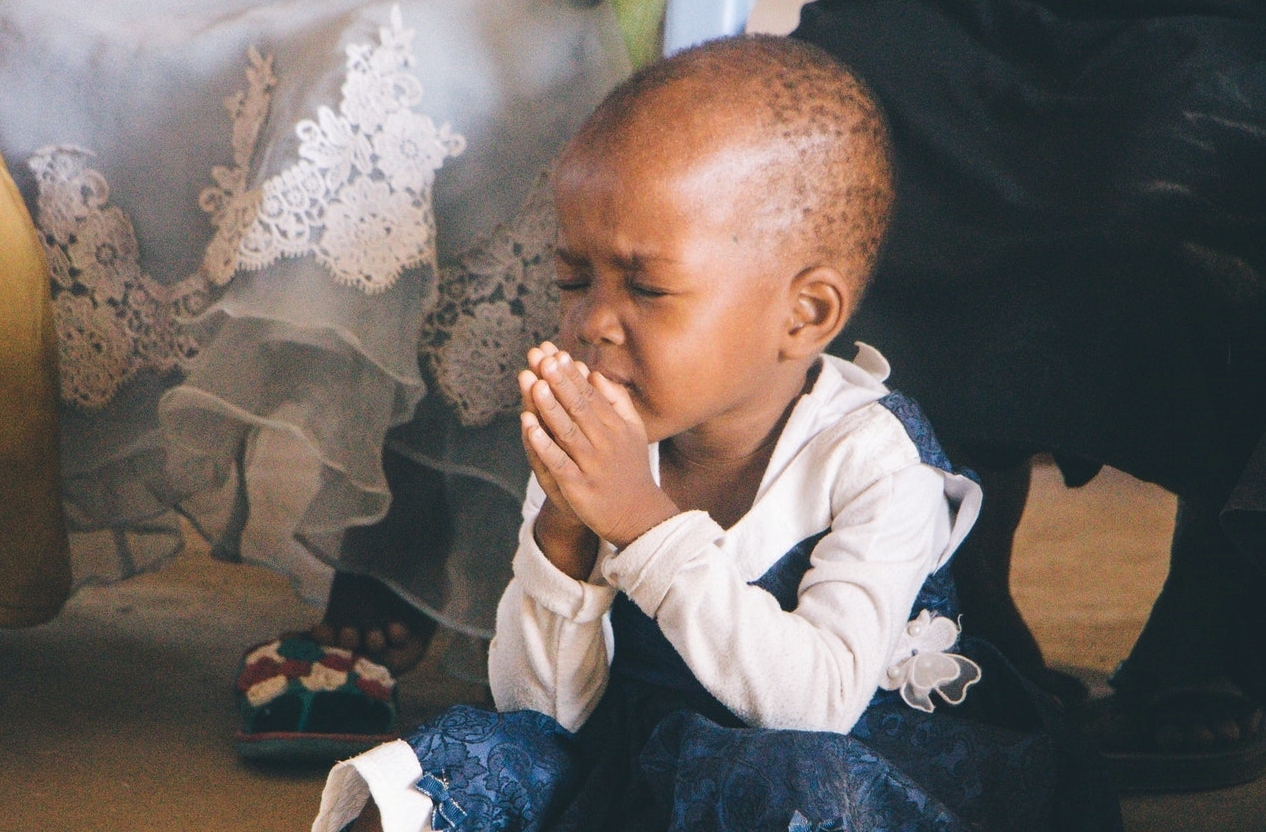
‘But Moses sought the favour of the LORD his God. “LORD,” he said, “why should your anger burn against your people, whom you brought out of Egypt with great power and a mighty hand?” (v11) Exodus 32:7–14
At the heart of every strong, healthy relationship lies effective communication. The most important relationship, any one of us has is with God and this relies upon regular communication or prayer.
Here, God is angry and threatens to destroy a disobedient people. Moses rejects taking a self-righteous stance. How often have I celebrated another’s discomfort, even failure? Why is it that my humanity instinctively enjoys the gossip about someone else’s failure?
Scripture reminds me, I am fractured and completely dependent upon God; the good that I do is no more than filthy rags. Like Moses, if we are to see God intervene afresh in this world, two things are required.
First, we must humble ourselves, setting aside the self-made masks that disguise the darker aspects of our nature and intentions. God knows all, so consistently sees behind our masks.
Second, we are to pray on behalf of others, without judgment, pleading for God to bring salvation, restore hope and maintain peace and order throughout our troubled world. Prayer offers the invisible supports that sustain God’s mercy, which benefits us all.
God alone has the capacity to quell the chaos. We have the privileged responsibility of pleading with God for a continuance of such mercy and order against a backdrop of sin and selfishness.
Related Scripture to Consider: Isa. 1:11–23; Deut. 9:15–19; 1 Tim. 2:1–8; Eph. 6:10–18.
An Action to Take: Prayer is a hidden force that secures the purpose of God on earth. When do you pray? What resources do you need?
A Prayer to Make: ‘Lord, I pray and plead that in every situation the peace of God might guard all hearts and minds in Christ Jesus. Amen.’
Photo by Binti Malu from Pexels









